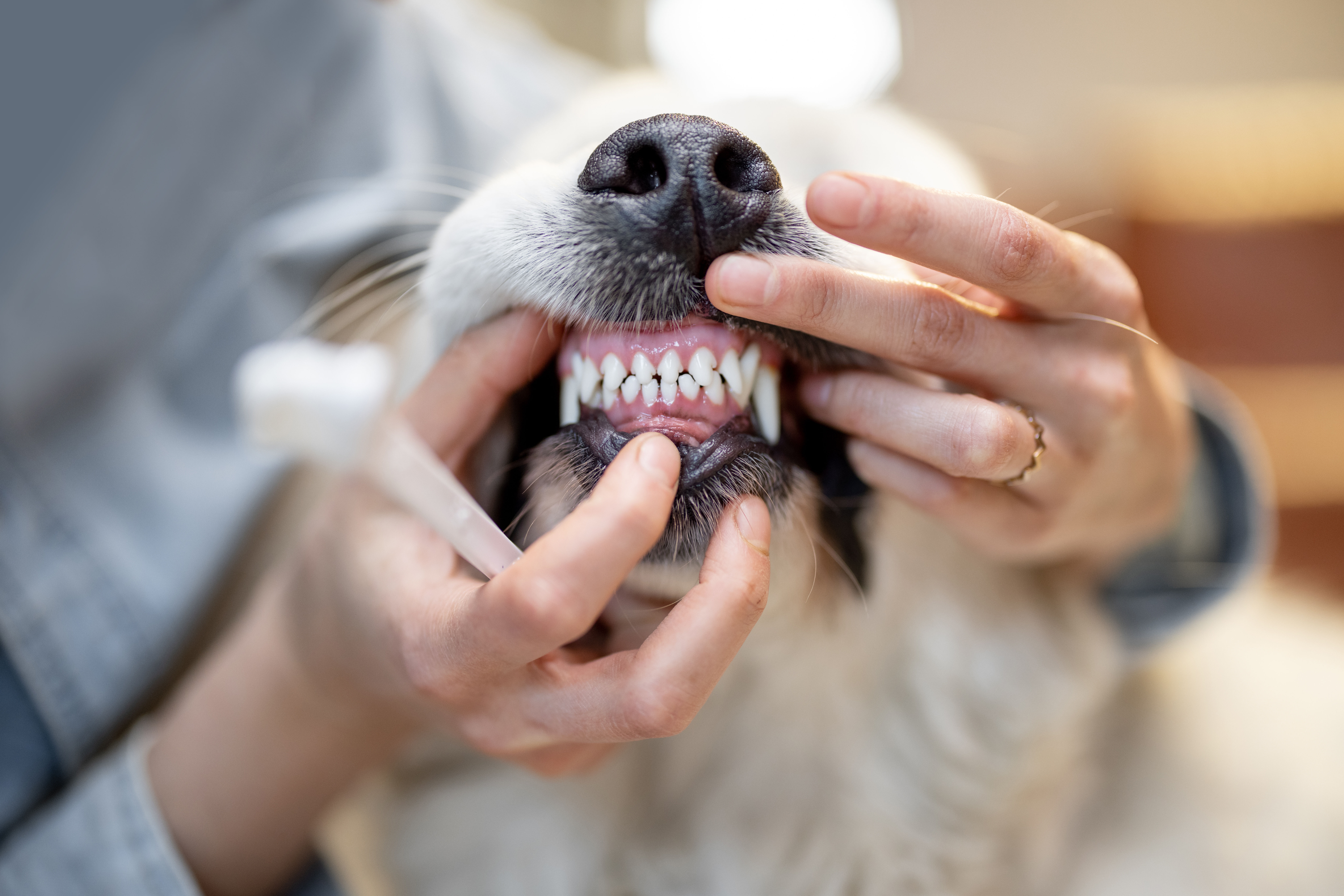This content is provided by Rocky Gorge Animal Hospital.
A pet emergency can be a scary experience. To help prepare pet parents for the possible event, here’s what to expect and how your local emergency room veterinarians will care for your furry friend.
First things first, make sure you are aware of the closest emergency hospital to your home. Save the contact details and address to your phone so you can quickly call for advice and find directions.
When you arrive at the hospital, it’s important for the staff to quickly determine how serious your pet’s condition is. Most of the time, a brief description of why your pet needs to be seen, along with their vital signs will allow them to determine if your pet’s condition is not an emergency, stable to wait for treatment, or needs immediate care. This preliminary evaluation is called triage, and it allows the most critical patients to get a chance at life-saving care.
After the hospital staff triage your pet’s condition, the veterinarian examines the patient and gathers further history that may be related to the exam findings. A diagnostic and treatment plan is then discussed with the pet owner. Sometimes some basic screening tests may be recommended based on hospital protocol, even before the vet sees a patient, such as checking a sick puppy for parvovirus to avoid contamination of the hospital, or determining the blood sugar level in a diabetic pet that hasn’t been eating well. These preliminary tests help speed up the gathering of information needed to make the best treatment recommendations. The veterinarian may also start some preliminary treatments, such as providing oxygen support to patients with difficulty breathing, or administering pain control medication to pets showing obvious discomfort or having suffered recent trauma.
Other common tests that are evaluated early on include in-house blood cell counts, blood levels for kidney and liver function, electrolytes, sugar, calcium, and pancreatitis markers. In addition, veterinarians often utilize x-rays to look for large physical changes or major changes with soft tissue, and may perform a focused ultrasound assessment to look for abnormal fluid buildup in the chest or abdomen. These tests are all commonly used in screening pets with vague, non-specific signs and to help determine underlying factors that may affect their prognosis and treatment plan; these diagnostic tests can also provide some answers as to what may be the underlying cause of the pet’s symptoms.
Once the initial evaluation is complete, treatment plans are discussed based on an individual patient’s needs. Your veterinarian may recommend outpatient care involving particular treatments in the hospital and/or medications to go home. It is common for pets to need intravenous (IV) fluids, oxygen support, and a variety of medications to treat them.
Some animals need more than medication to help them. Surgery is sometimes needed to treat injuries, stop bleeding, remove intestinal blockages, extract bladder stones, or help with problems birthing, or for a variety of other reasons that just can’t wait. Patients needing emergency surgery often need to be stabilized before starting the procedure; your veterinarian will evaluate them and administer appropriate medications or IV fluid support to make sure they are in the best shape possible for anesthesia.
At Rocky Gorge Animal Hospital, our ER team works hard to provide the best recommendations so your pet receives the proper care, and are open 24/7/365 for pet emergencies. If you are unsure if your pet needs to be seen, you can call us at any time. Once you let us know what is going on with your pet, we can provide the appropriate recommendations. Our website contains information about the services we provide and signs of common emergencies that should be addressed sooner rather than later.







